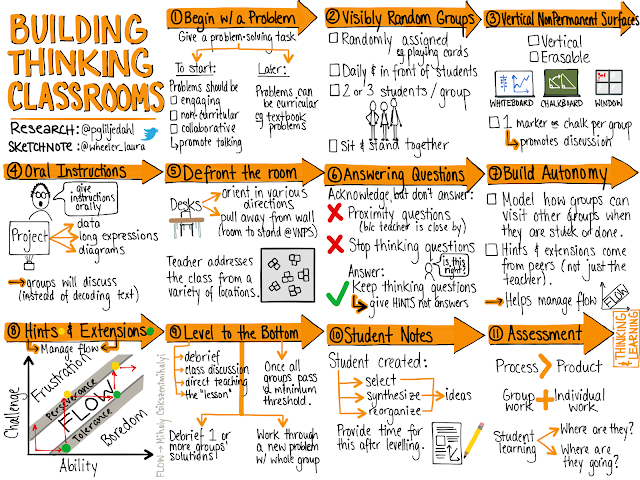References
Bellanca,
J., & Brandt, R. (Ed.). (2010). 21st century skills. Rethinking how
students learn. Bloomington,
IN: Solution Tree Press.
Bush, T. & Jackson, D. (2002). A
preparation for school leadership: International perspectives. Educational Management and Administration,
30(4), 417-429.
Freeman, M., deMarrais, K., Preissle, J., Roulston, K., & St.
Pierre, E. (2007). Standards of evidence in qualitative research: An incitement to discourse. Educational Researcher,
36(1), 25-32.
Frick,
A., Ferrara, K., & Newcombe, N. S. (2013). Using a touch screen paradigm to
assess the development of mental rotation between 3 1/2 and 5 1/2 years of age.
Cognitive Processing, 14, 117-127.
Koehler, M., & Mishra, P. (2009). What is technological pedagogical
content knowledge.
Contemporary Issues in Technology and Teacher Education, 9(1), 60-70.
Miyake, N. (2007). Computer Supported Collaborative Learning. In
Andrews, R., & Haythornthwaite, C. (Ed.). (2007). The SAGE
handbook of e-learning research (pp. 248-265). Los Angeles: SAGE
Publications.
Moolenaar, N.M., Daly, A.J., & Sleegers, P.J.C. (2010). Occupying
the principal position:
Examining relationships between transformational leadership, social
network position, and schools’ innovative climate. Education Administration
Quarterly, 46(5), 623-670.
Puentedura, R. (2008, December 22). TPCK and SAMR: Models for enhancing
technology integration. As we may teach: Educational technology, from theory
into practice. Maine Department of Education. Podcast retrieved from http://itunes.apple.com/us/itunes-u/as-we-may-teach-educational/id380294705
Reis, S. M., & McCoach, D. B. (2002). Underachievement in gifted and
talented students with special needs. Exceptionality, 10(2), 113-125.
doi: 10.1207/S15327035EX1002_5
Robinson, J., Landreth, G., & Packman, J. (2007). Fifth-grade students as emotional helpers with kindergartners: Using play therapy procedures and skills. International
Journal of Play Therapy,16(1), 20-35.
Schunk, D. H. (2012). Learning
theories: an educational perspective (6th ed.). Boston: Pearson.
Willard-Holt,
C., Weber, J., Morrison, K., & Horgan, J. (2013). Twice-exceptional
learners’ perspectives on effective learning strategies. Gifted Child Quarterly, 57(4),
247–262. DOI: 10.1177/0016986213501076

Comments
Post a Comment